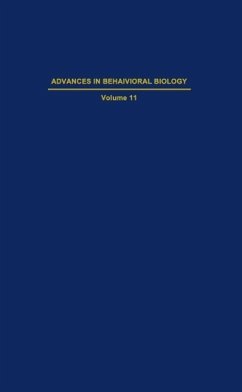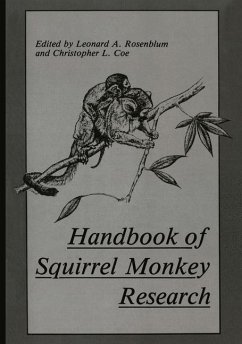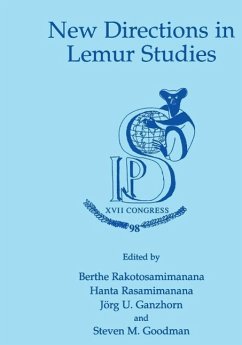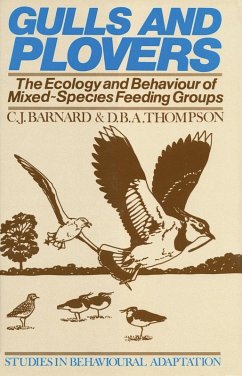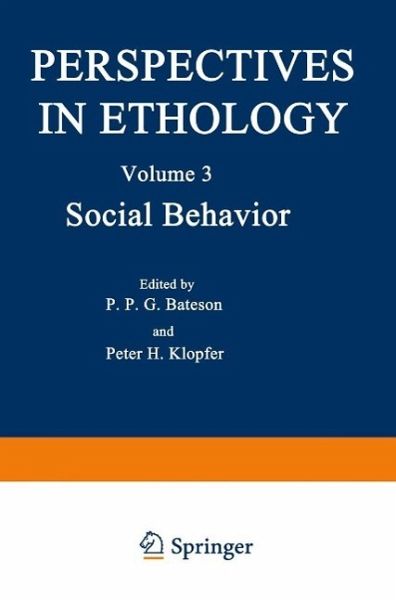
Social Behavior (eBook, PDF)
Versandkostenfrei!
Sofort per Download lieferbar
72,95 €
inkl. MwSt.
Weitere Ausgaben:

PAYBACK Punkte
36 °P sammeln!
Sociobiology is the play of the season. Its success is mellsured by its immense popularity and perhaps by the controversy it has generated as well. Unfortunately, neither its popularity nor the resulting controversy seems likely to assure progress toward understanding sociobiological issues. The play has too many actors and, it seems, the casting has been poor; the players are unable to maintain their roles. At center stage, of course, is E. O. Wilson and his monumental opus Sociobiology. 1 In the wings, and making periodic entrances, are an assort ment of brilliant, committed, and aggressive ...
Sociobiology is the play of the season. Its success is mellsured by its immense popularity and perhaps by the controversy it has generated as well. Unfortunately, neither its popularity nor the resulting controversy seems likely to assure progress toward understanding sociobiological issues. The play has too many actors and, it seems, the casting has been poor; the players are unable to maintain their roles. At center stage, of course, is E. O. Wilson and his monumental opus Sociobiology. 1 In the wings, and making periodic entrances, are an assort ment of brilliant, committed, and aggressive adversaries. On cue, one of them steps out and decries the self-fulfilling nature of sociobiological prophesies. The arguments of the adversaries are varied. They warn that if all nonhuman primate societies tolerate aggression and man is also a pri mate, then aggression may come to be considered "normal" and therefore acceptable. Their dire warnings may also have real impact on policy, alter ing, for example, a research program intended to examine longitudinally the relation between a supernumerary chromosome and certain behavioral disorders. The rationale is that since the afflicted infants would have to be identified and the study obviously does assume that psychopathology is linked to the chromosome aberration, the attitudes of the child's parents could well contribute to abnormal behavior that might otherwise not appear.
Dieser Download kann aus rechtlichen Gründen nur mit Rechnungsadresse in A, B, BG, CY, CZ, D, DK, EW, E, FIN, F, GR, HR, H, IRL, I, LT, L, LR, M, NL, PL, P, R, S, SLO, SK ausgeliefert werden.




